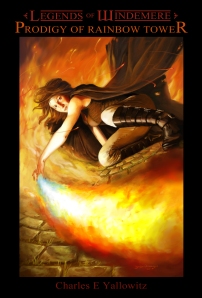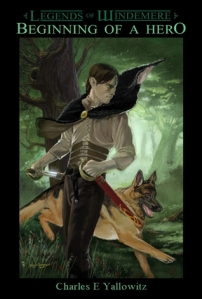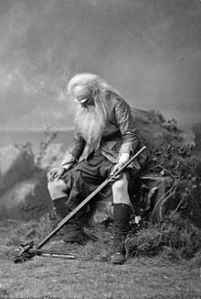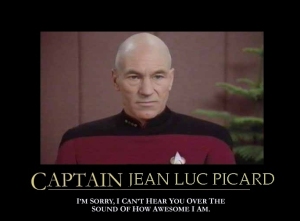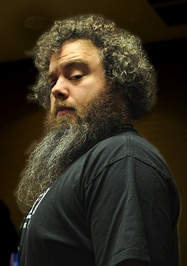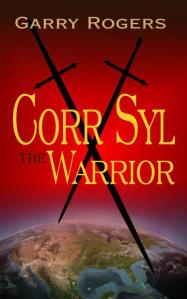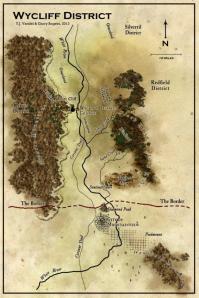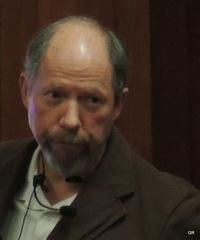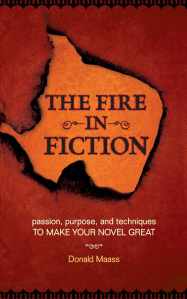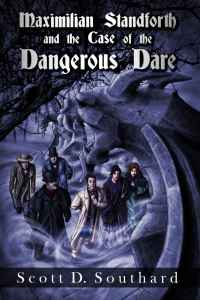Yes, I finished the first draft of my novel. I had some wine to celebrate the first milestone. Much more work to be done, I know. Probably more wine, too.
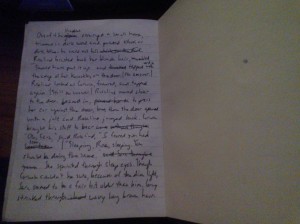
The beginning
A full year ago during a family vacation to La Push, Washington I began writing my novel in earnest. While watching waves crash onto a log-strewn dreary shore I wrote those first words in a composition notebook bought in Forks, not knowing how long the story would take to write.
Turns out the writing would take me close to a year.
In Stephen King’s memoir, On Writing, he says that you should take no more than three months to write a novel. If you write, on average, 1000-2000 words a day, then yes you could finish a decent chunk of a novel in three months, but for some reason I could not average 1000-2000 words a day. In my (up to an) hour a day of writing I averaged 200-500 words per day.
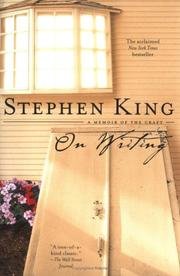
On Writing
I didn’t really start clicking with the word count until late October 2012 when I put myself on a schedule. I began to wake up around 4 am and then wrote as much as I could–after my first cup of tea or coffee, of course.

Yes, sometimes I wanted this much
Still, even then my word count varied. After being a father and husband and holding a full time job, sometimes there was not enough energy in the day to hit my word count quota.
But I persevered. At times I wondered if the story would ever end. At times I didn’t see how the story could possibly end. And then, two months ago I saw the end, and ever since then I have been pushing and pushing until my hand ached to get to that ending.
I can now look back and see how the story and characters evolved.
I know it’s odd to say, but the main character, Aedinn Finn, grew on me. He was an amorphous blob to me when he woke up in the Tower in those first pages. At first he was an innocent in the world, still stuck in the memories of his previous life, but by the end of the novel, well, you’ll have to see. Let’s just say that reality slapped him around.
Janus Riberin, Aedinn’s mentor, surprised me. When I first envisioned him he was powerful, respected, and disciplined. He had little patience for Finn’s questions and feelings, but by the end of the novel Janus was showing a different side. He was still a curmudgeon, but a curmudgeon cracked by the same reality that had slapped around Finn. Still, Janus is not sorry for what he did.
Because I had written their histories I knew the fauns and faeries better than the men. Harguf the Elder and Pynnin had survived the Battle at Iardin and their stories were the first ones I wrote years and years ago. The role they played in the first novel was not quite what I had in mind when I started out.
In fact the novel as a whole did not follow what I had loosely (vaguely) envisioned many years ago. Instead the novel became the story of Aedinn Finn’s journey to reclaim his sanity and identity against the backdrop of a fantastical world losing itself due to the return of an ancient disease and the accidental attention of a once imprisoned God.
Let the editing begin…in a month. Wish me luck.
As it stands now the novel is the length of Harry Potter and The Half Blood Prince. By edit’s end I’d like it to be length of the first Twilight novel, which means I need to shave off about 15,000 words.
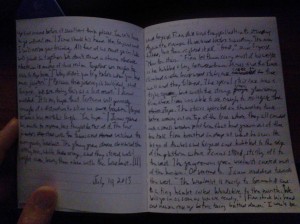
The End, July 10, 2013
